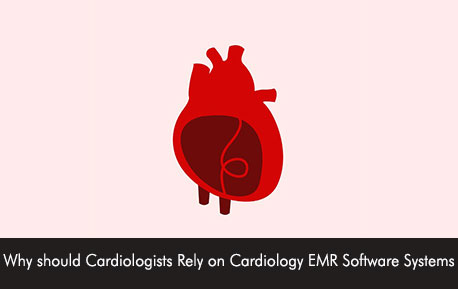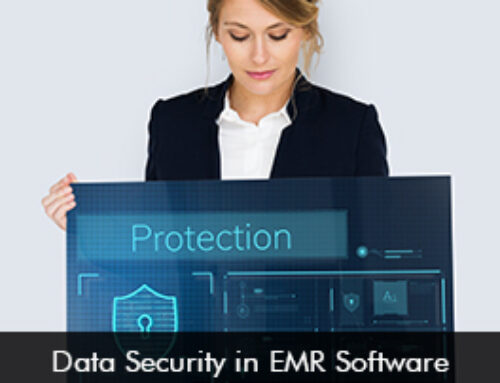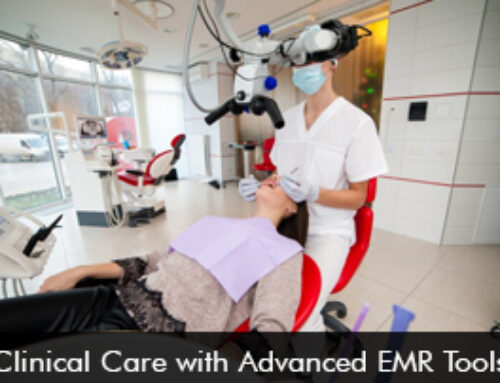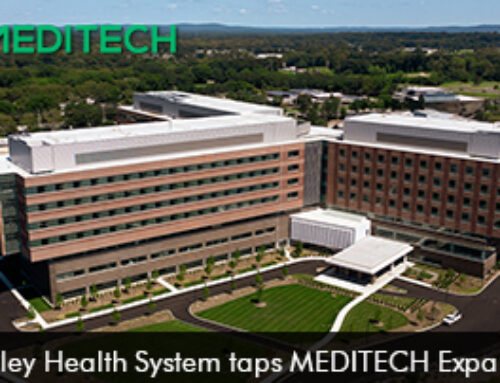Cardiac practices require the cardiologist to track a lot of patient data from different sources such as notes, test results, and images. It is crucial that the healthcare provider has fast and reliable access to information to forward and transmit it to labs and hospitals. A cardiology EMR software solution is specifically designed to meet the unique needs of cardiology practice. Cardiology comprises almost the 10th of the overall EMR software market.
A cardiology EMR software solution has a set of robust tools that supports the following cardiology specific procedures.
- Nuclear stress tests
- Holter tests
- Arterial duplex imaging
- Various templates for pacemakers and cath exams
A Cardiology EMR Software System helps cardiologists to streamline their workflows, enhance patient care, and increase revenue. Cardiologists in the United States rely on their EMR software system as they can easily optimize workflows by automatically sending patient details from medical histories to lab reports. This improves administrative procedures as the clinician does not need to manually enter data and reduces the chances of human error. It also reduces overheads related to sending bills and data entry.
Cardiologists count on their robust cardiology electronic medical record software to improve the overall patient experience which is crucial for maximum patient satisfaction. Patient experience can be enhanced through the functionalities of e-prescribing (e-Rx), automatic reminders, and the patient portal platform.
Documentation is simplified as all the data captured can be automatically populated into reports which eliminate the issue of duplicate data entry which ultimately allows clinicians to get more efficient with their daily documentation. Furthermore, template customization makes patient follow-ups more efficient within the patient’s record. Templates are created according to the patient’s individual needs and can be ordered according to the test ordered.
A cardiology EMR software solution helps to improve the care of patients and the 24/7 accessibility to patient charts through the software provides rapid and accurate information in cases of emergency situations.
Wrapping it up
To make sure you receive the complete benefits from your cardiology EMR software it is important that the following set of features are present such as; cardiology specific templates, device integration, cardiac data analysis, urgent alerts, ICD-10 coding ad billing, and PQRI reporting. There are some great cardiology EMR software options for your practice to consider which can help your practice succeed.
-
AdvancedMD EMR Software
-
athenahealth EMR Software
-
drchrono EMR Software
-
Kareo Clinical EMR Software
-
CareCloud EHR Software
-
PrognoCIS EMR Software
-
ChartLogic EHR Suite
-
Aprima EHR Software
These cardiology specific EMR options help cardiologists to realize clinical, financial, and operational results.







